
A seemingly harmless action but causes 2 major dan.gers

Pouring hot water into the sink is a common habit in many families, especially when pouring excess water from boiling vegetables or boiling water. This seems convenient but is actually very harmful. We advise you to consider and change this habit to maintain a clean and safe kitchen environment.
Harmful effects of pouring hot water into the sink
Most sinks are equipped with a sewer system to filter wastewater. During cooking, if we pour hot water into the sink, it means we are pouring hot water into the sewer. In the long run, it will cause many serious effects.
1. Reduce the life of the pipe:
The pipes in the kitchen are mostly made of plastic. Although some types have a certain heat resistance, however, when you continuously pour hot water into the sewer, it will reduce the durability and life of the pipe.
Normally, sewer pipes can be used for 30 to 50 years, and if you pour hot water frequently, its lifespan will be shortened, forcing you to replace it sooner than expected.
2. Deformation and cracking of pipes:
Some types of pipes, especially PVC pipes, cannot withstand high temperatures above 60 degrees Celsius. Hot water, especially boiling water from cooking, can reach 90 degrees Celsius, and when poured directly into the sewer, it will cause the pipe to deform or even crack. This can cause serious problems such as leaks or damage, and can even damage kitchen items such as kitchen cabinets or furniture.
How to limit grease accumulation in sewer pipes
During cooking, grease, excess water and food debris easily flow into the sewer, causing blockages over time. Many people think that pouring hot water into the drain is also a good way to clear the drain, but in fact, hot water does not dissolve grease, so this is not an effective solution.
To limit the blockage of the drain due to grease accumulation, you need to pay attention to the following two things:
1. Preliminarily treat grease on eating utensils:
To make cleaning easier, for dishes with a lot of grease, you should use a paper towel or kitchen towel to wipe it, then wash the dishes as usual. This way, the grease will be effectively removed, helping to clean the dishes and not clog the drain.
2. Use drain cleaner periodically:
After a period of use, if you see that the drainage process in the drain is slow, and at the same time there is a foul smell, it is very likely that grease and dirt have accumulated. To maintain the drain system always clear, you can use drain cleaner solutions to clean effectively.
It is very simple to use: just pour the drain cleaner into the sink, it will automatically reach the deep positions in the pipe, decompose the blockage without harming the pipe material. In addition to cleaning ability, drain cleaner also contains antibacterial ingredients, helping to remove dirt and bacteria that stick in the pipe for a long time, keeping the drain clean and odorless.
News in the same category


Europe’s Tech Awakening: How the EU Is Racing to Reclaim Its Digital Power

Here's why you should never sleep with a fan on at night
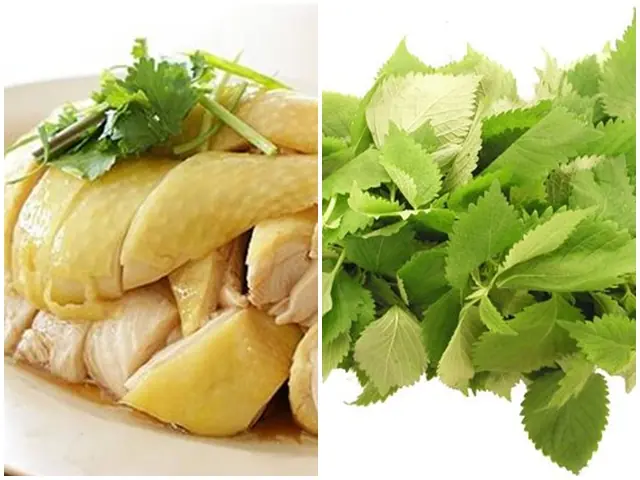
8 Foods You Should Not Combine With Chicken Meat — Everyone Should Know to Avoid Health Risks

A Builder’s Warning: Why You Shouldn’t Put a Bathroom Under the Stairs — Even With an Unlimited Budget
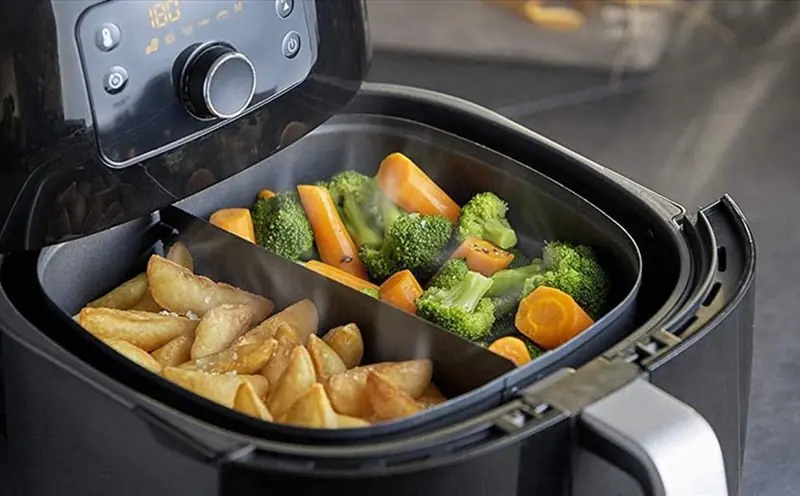
Air Fryers Are Convenient—but Never Use Them to Cook These Foods: The Complete List
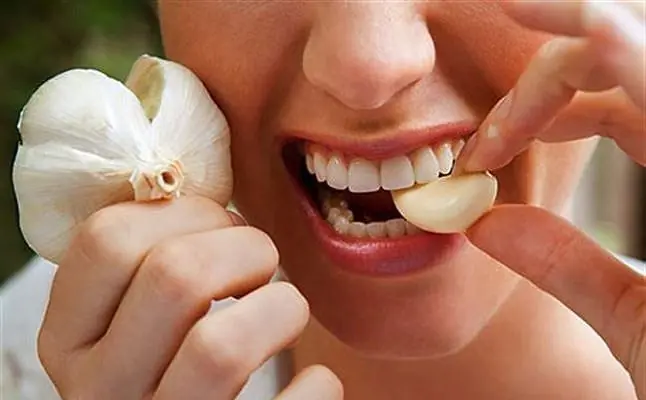
What Happens to Your Body If You Eat 1 Clove of Garlic Every Day?

So this is what it does, here is the answer
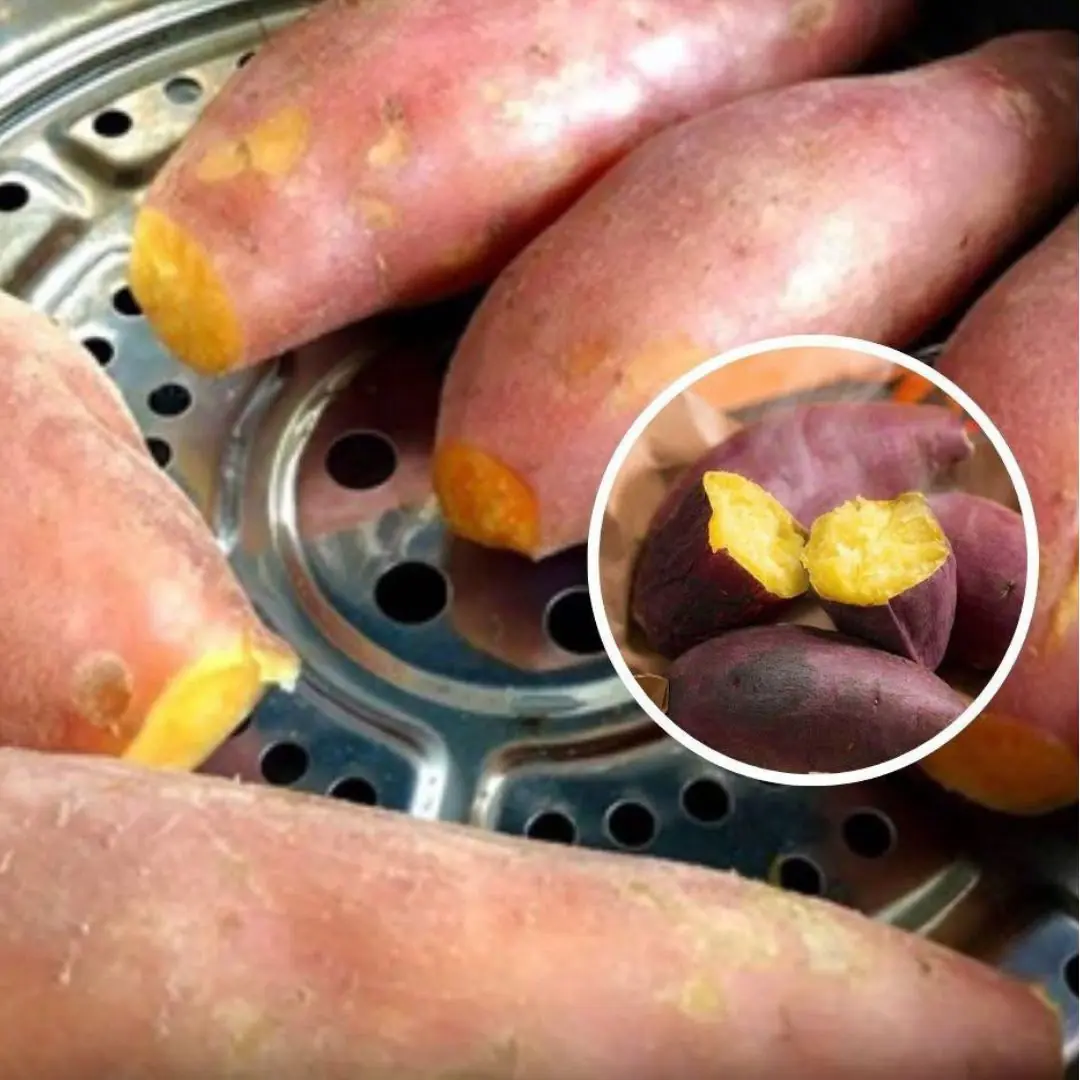
People Who Eat Sweet Potatoes for Breakfast Daily Notice These Changes

Study reveals what really happens to your body if you go in sauna directly after working out

Why are the toilets on the train connected directly to the tracks?
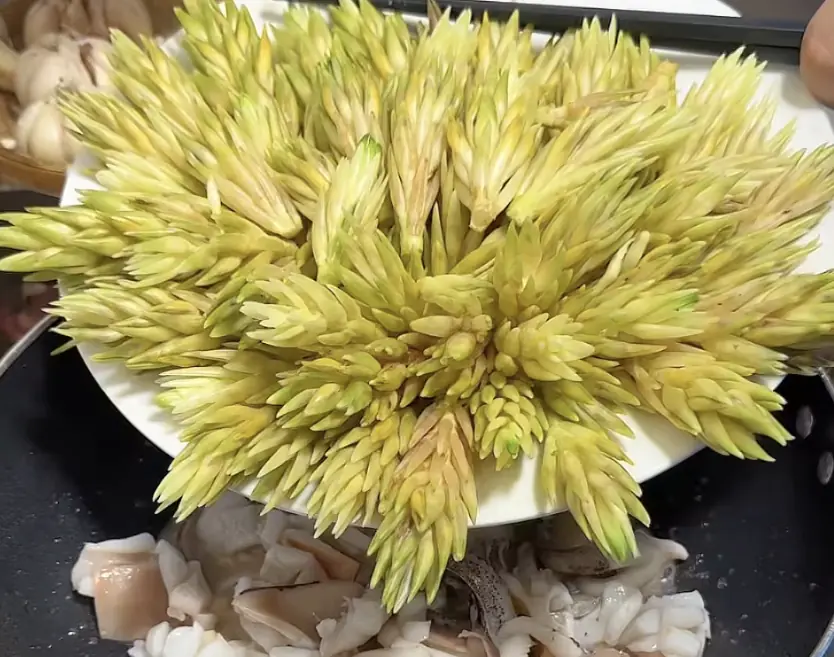
A Flower Once Thought Useless Turns Out to Be a Fragrant, Delicious Dish—Now Going Viral
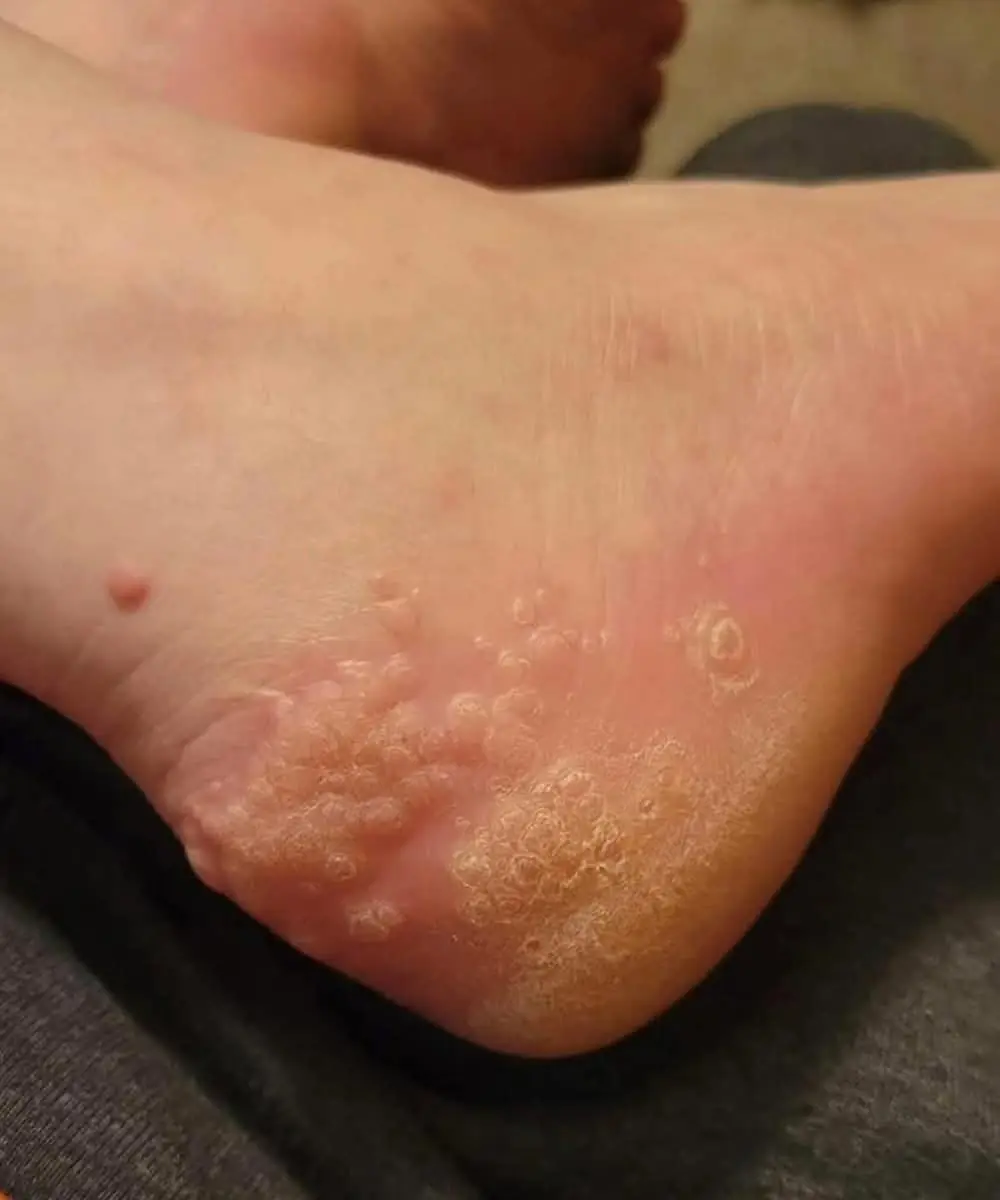
These are the consequences of wearing used…

If you often notice ringing in your ears, this might be a sign that you will suffer from...

Many people don’t know what its purpose is used for

Why should you avoid showering, washing dishes, and doing laundry during a thunderstorm?

Calling all sweet potato fans!

Ever Wondered Why Hotels Put a Cloth Across the Bed? Here’s the Answer

Your Air Conditioner Has a Built-In Way to Indicate Low Refrigerant — Many People Never Notice It

Your Phone Has a Small Setting That Makes Charging Feel Much Faster — Without Harming the Device
News Post

If You Spot This Vegetable at the Market, Buy It Immediately: Cheap but “Miraculously” Effective at Preventing Hair Loss and Boosting New Hair Growth

21-Year-Old Student Di.es Just 5 Days After Lu.ng Can.cer Diagnosis, Doctors Reveal a Shocking Truth Missed 6 Months Earlier

Hacks Everywhere: How the Age of Digital Shortcuts Is Rewriting Power, Privacy, and Survival

Europe’s Tech Awakening: How the EU Is Racing to Reclaim Its Digital Power

Buried Treasure Fills in Ancient Roman Puzzle

Blueberry Breakfast Quesadilla

The Flight That Celebrated New Year… Twice!

Over 60? 10 Early Dementia Warning Signs You Must NEVER Ignore (Catch Them Before It’s Too Late)
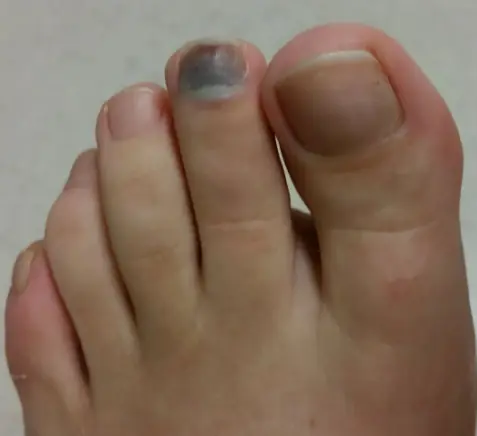
What Causes a Toenail To Turn Black?

Jjajangmyeon – Korean Black Bean Noodles

What To Know and Do About Pain Under Your Left Rib Cage

Understanding the Relationship Between Breast Size and Hormonal Health

Clove Water Sitz Baths for Women: A Gentle Guide to Hygiene and Comfort
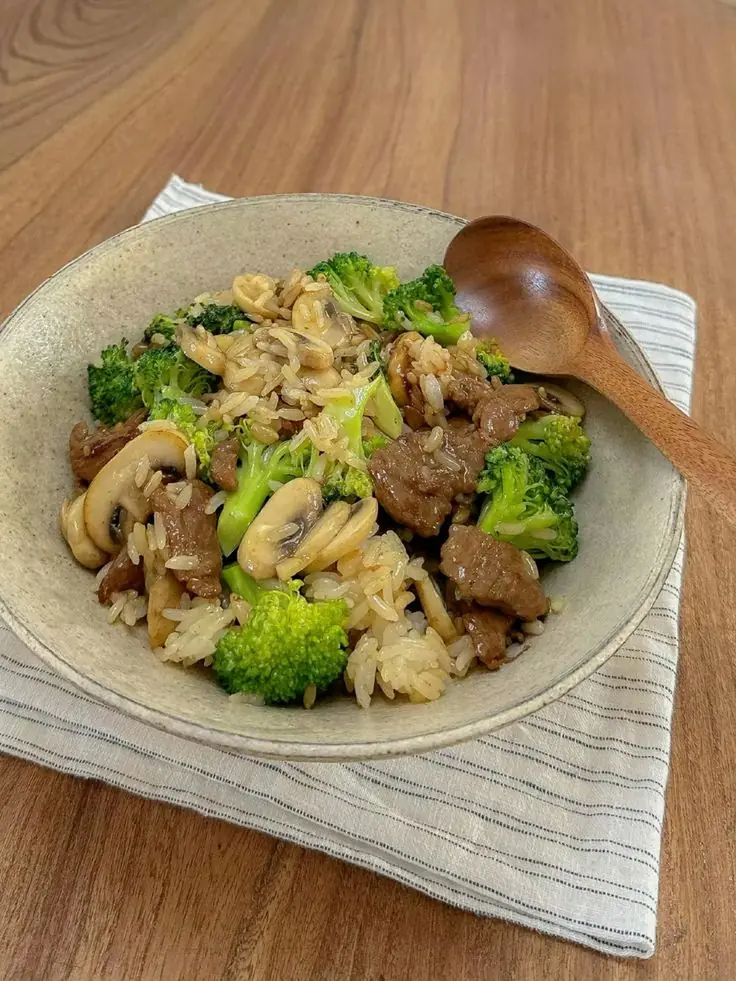
Beef, Broccoli & Mushroom Rice Bowl
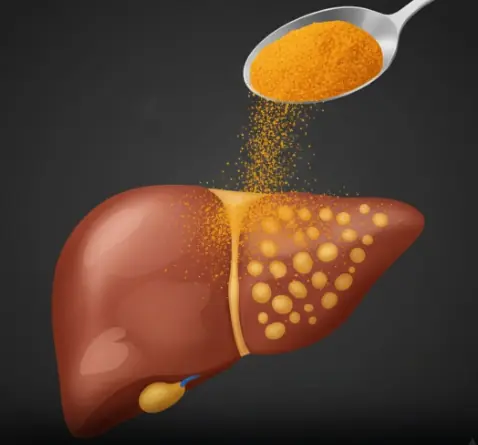
1 teaspoon a day melts away fatty liver naturally

Why Your Legs Cramp At Night And How To Stop It From Happening
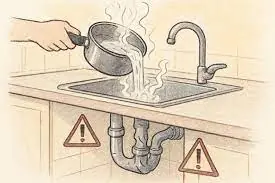
Stop pouring hot water down the sink — here’s why!

How to treat nerve pain in the foot, toes & legs

5 foods you should never keep overnight
